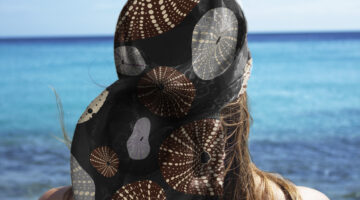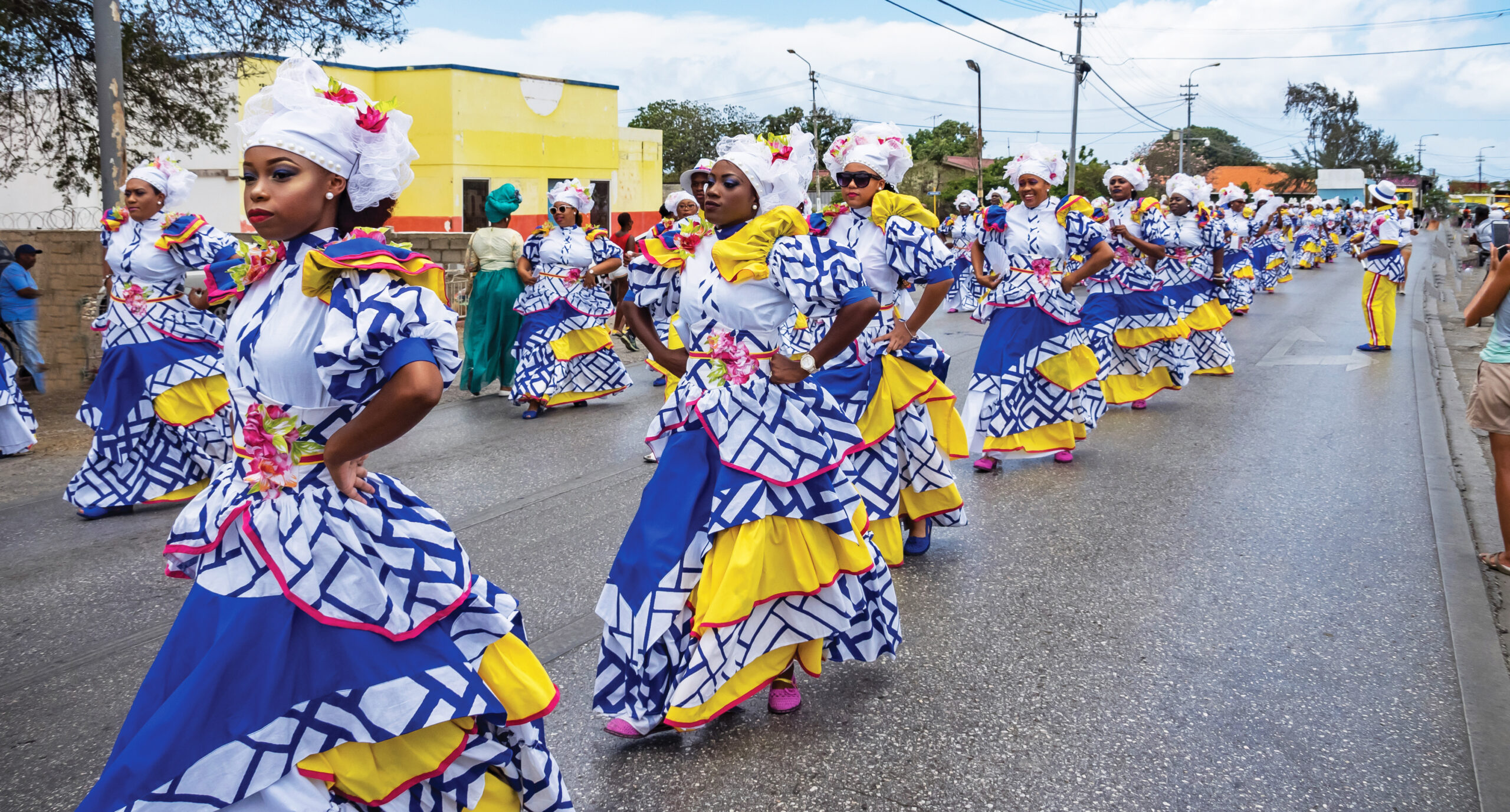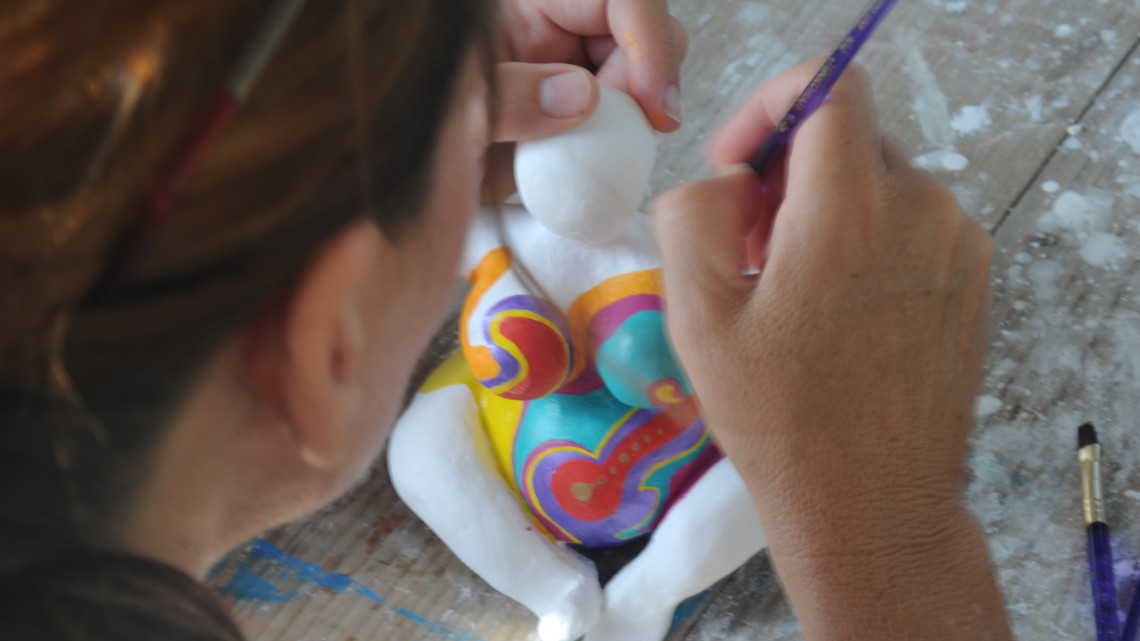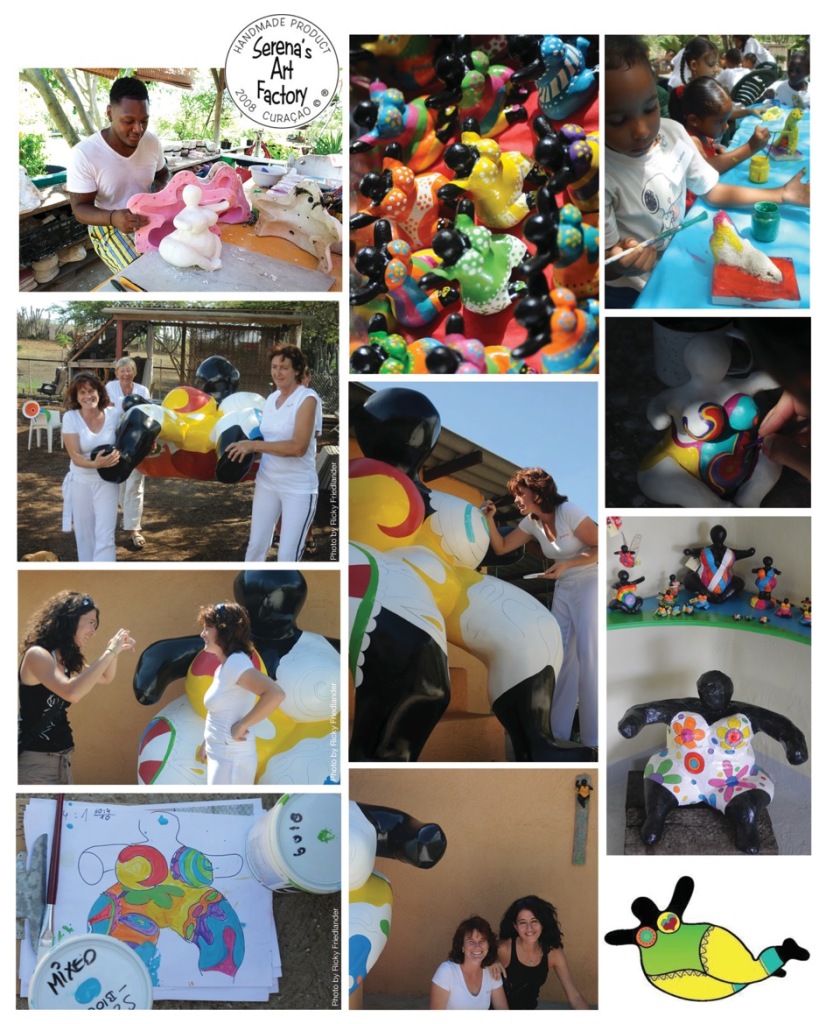Serena Israel
Exuberant paint colours, paintbrushes and boxes of raw unfinished dolls fill the homes of Curaçao women, all of whom are gainfully employed by Serena Janet Israel. These women will take what Serena taught them and apply their joy and creativity with each stroke of a paintbrush.
Thanks to the vision of one artist with a penchant for using her art not only to adorn the shelves of her buyers but to give back to a community of women, there are mothers and wives and who have come to rely on the Chichi Artline for their livelihood.
Serena is an artist, a teacher of 3D art, a visionary, and an employer. She says “people should create art that people want to buy. I tried a couple of mediums and forms in the beginning that weren’t commercially sought after. Interested in creating the female form, I made my first round female sculpture, placed it in a gallery and it sold within hours, giving birth to my commercial artline.”
Serena’s inspiration for the Chichi Artline comes directly from the Curaçao women she has come to know. By her own description, “Chichi is the traditional nickname for Curaçao women, usually the eldest daughter or sister in the family. Each image is unique in form and painting. I try to express the cheerful and positive outlook on life but with a serious undertone.” Her dolls bring a sense of light-hearted fun that adorn the homes of many locals and tourists.
Serena began to paint in a local church where the local women would come and watch. She taught them how to paint (different from watercolor painting) and in their eagerness they caught on quickly. As orders began to rush in and deadlines loomed they grew from 6 to 50 painters but never lost sight of her high standard for quality production and timely completion. They finish the backs of the dolls with the same elaborate and enthusiastic paint style as the fronts and Serena inspects every Chichi doll before it goes out.
In her art, Serena recreates the life experience of the Curaçao women she has come to know personally. She is dedicated to them. “I go into their homes, I see how they live. I know what motivates them and what matters to them. I created work for local women who are thriving because of it and as long as we can continue to sell the Chichi Artline my artist women will have work.” The hope from within the painters and vibrancy of colors is reflected in the dolls, perhaps contributing to their rising popularity.
Now that you know the story behind the Chichi Artline, here’s where you can choose your very own to bring home: Renaissance, Zanzibar, Mambo, Serena’s Art Factory.














